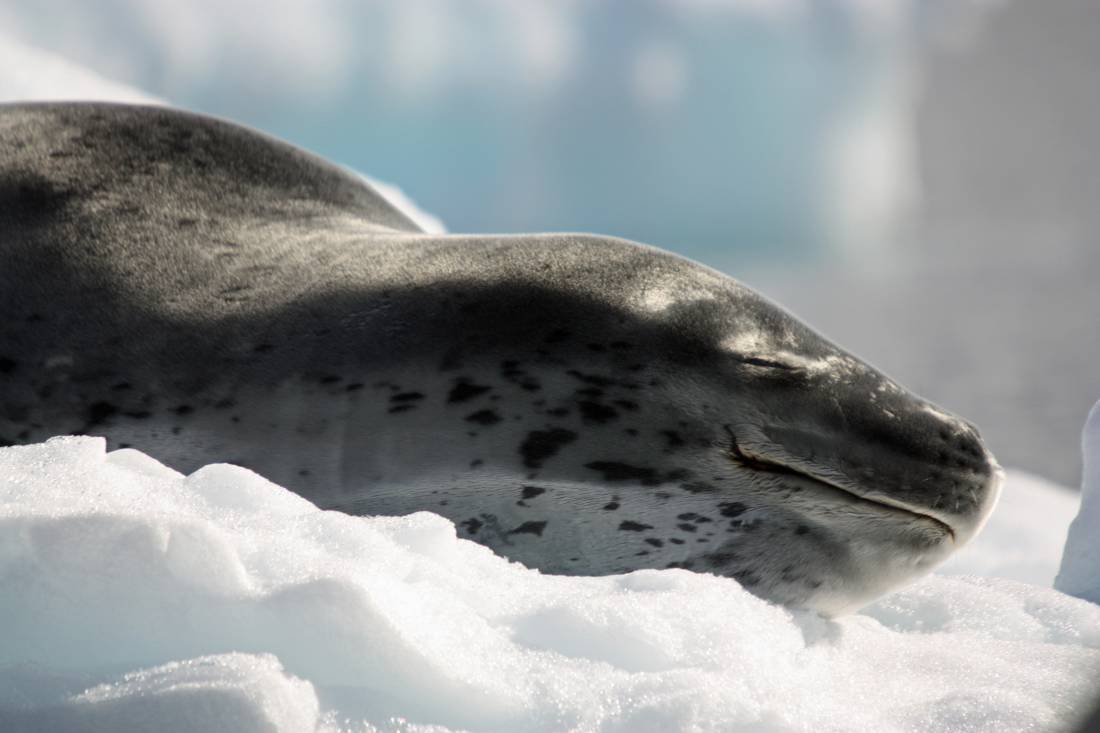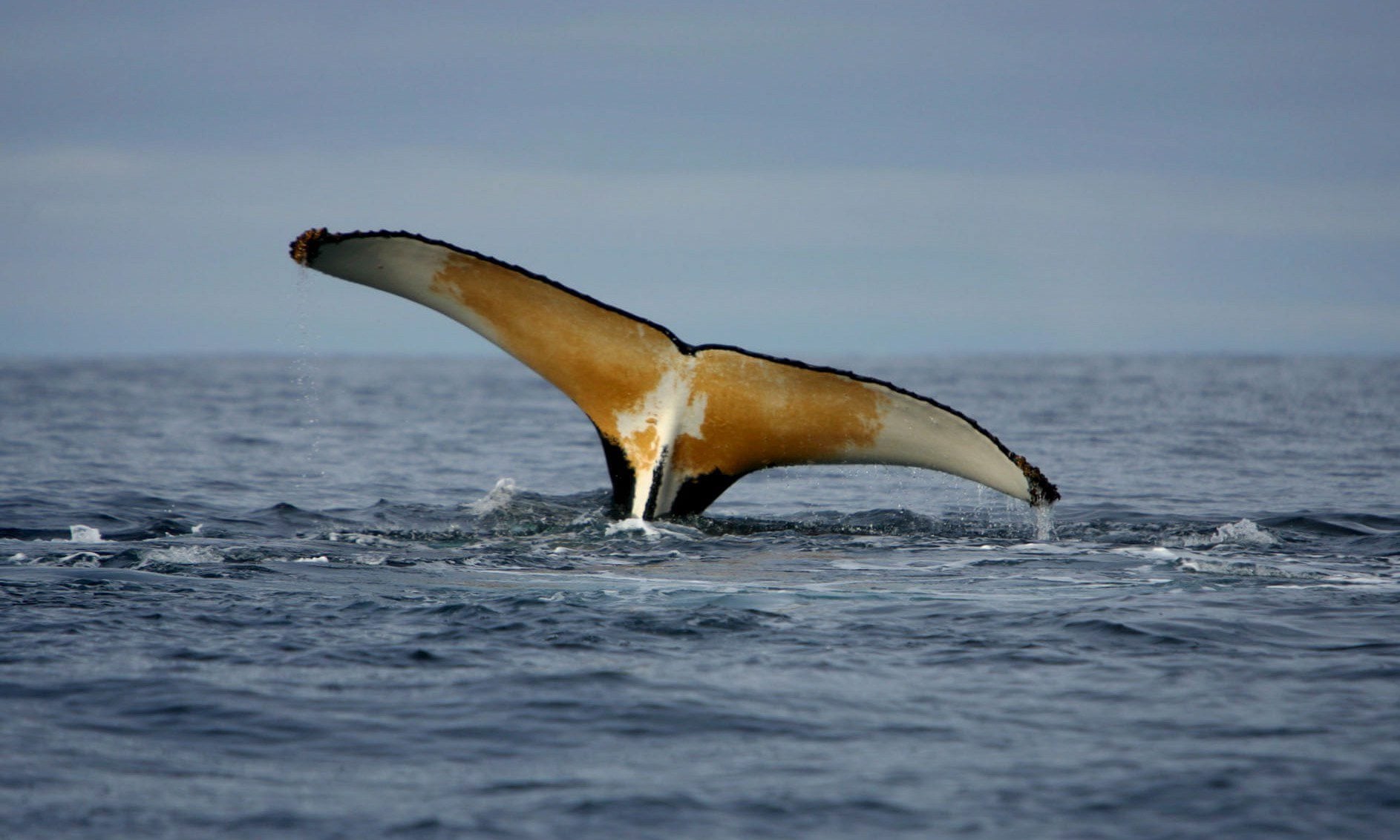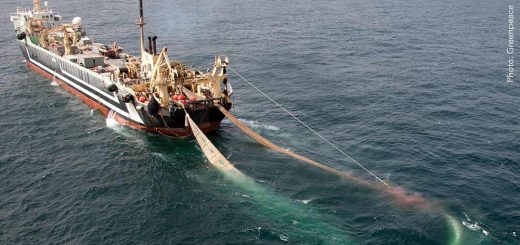“This was an historic opportunity to create the largest protected area on earth in the Antarctic: safeguarding wildlife, tackling climate change and improving the health of our global oceans,” said Frida Bengtsson of Greenpeace’s Protect the Antarctic campaign.
“Twenty-two delegations came here to negotiate in good faith but, instead, serious scientific proposals for urgent marine protection were derailed by interventions which barely engaged with the science.”
China and Russia deployed delaying tactics
She said that rather than put forward “reasoned opposition on scientific grounds, some delegations, like China and Russia, instead deployed delaying tactics such as wrecking amendments and filibustering, which meant there was barely any time left for real discussion about protecting Antarctic waters”.
CCAMLR did not respond to requests for comment but a report on its website said on Friday that there had been “much discussion” around plans for new ocean sanctuaries, adding: “members will continue to work intersessionally on proposals for these [sanctuaries] before they are again considered at next year’s meeting.”
The UK government backed the plan, with an Foreign Office delegation present for the talks in Hobart, Tasmania. Minister Alan Duncan said: “It is not in our gift to do this unilaterally. It is subject to an international treaty which requires wider agreement with other countries. At CCAMLR, these proposals were rejected due to objections from others.”
He said the British government would continue to press for the creation of ocean sanctuaries in the Antarctic in the years ahead.
The failure to create new protected zones in the Antarctic Ocean comes amid increasing evidence of humans’ devastating impact. This week leading scientists warned that people have wiped out 60% of wild animal populations since 1970, with potentially devastating consequences for the future of humanity.

A leopard seal sunbathing
Last month, the UN warned there were only 12 years left to prevent climate catastrophe. The UK government has backed a proposal to ensure 30% of the world’s oceans are protected by 2030 – a move heralded as a breakthrough moment by environmentalists.
The environment secretary, Michael Gove, had told the Guardian he was “fully behind” the creation of the Antarctic sanctuary, which he said would be a key moment in the effort to protecting the world’s oceans.
But following the decision on Friday, Greenpeace said CCAMLR had failed in its remit to protect the Antarctic waters. Bengtsson said: “We’re running out of time and scientists are clear that we need to create marine sanctuaries across at least 30% of our oceans by 2030, to protect wildlife, ensure food security for billions and help to tackle climate change.”
She said that although the scientific evidence was clear, “diplomatic efforts seem to be more concerned with expanding fisheries than with conservation”.
She said that meant it was more urgent than ever for the public to join the fight and put pressure on politicians to safe the oceans before it was too late, adding: “If bodies like the Antarctic Ocean Commission continue to fail in their mandate to conserve the ocean, they’re clearly unfit for purpose and aren’t part of the solution. Instead we must look to the historic negotiations taking place at the UN towards a Global Ocean Treaty.”



